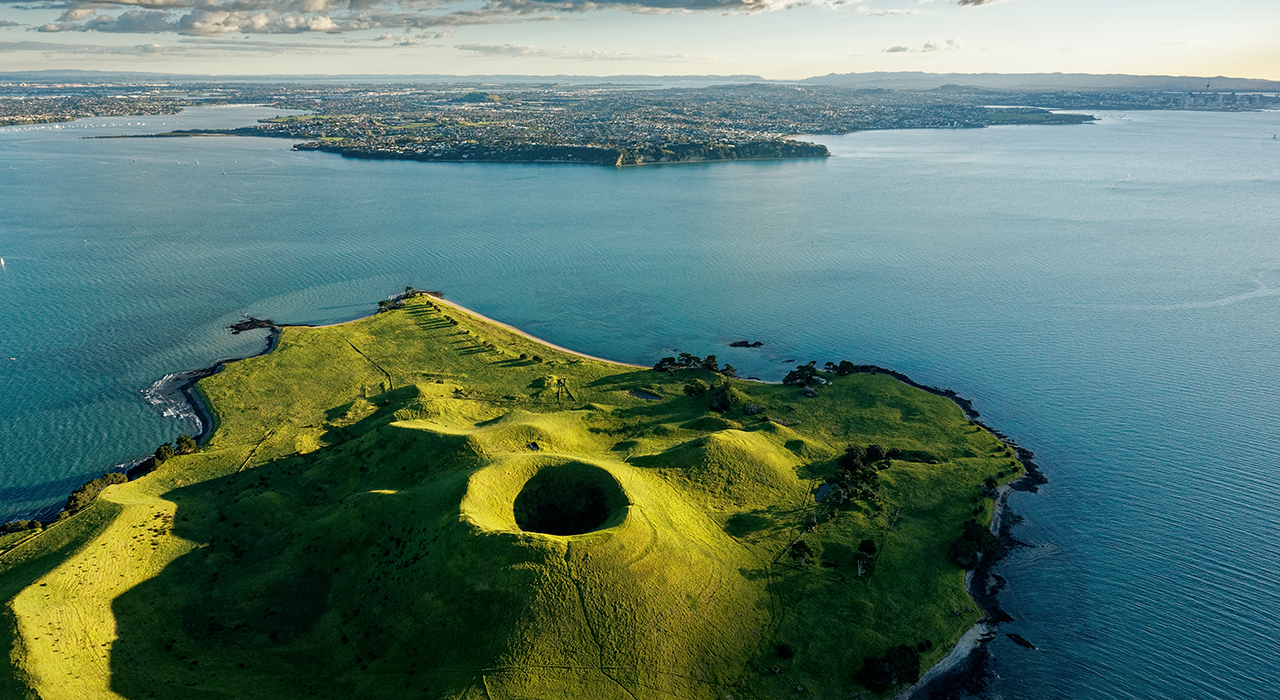Summary of the French contribution to the SPDMM report
The South Pacific is often seen as one of the areas most exposed to the impacts of climate change in the world. Small island states, even if they are far from being the only ones affected, bear witness to the effects of climate change more than any other, and particularly to rising sea levels. In this context, small islands will often serve as laboratories, experimental spaces in which the uncertainties that still surround the local impacts of climate change will be miniaturised, reduced to the single issue of sea level rise. However, the impacts of climate change that these areas are and will be confronted with go far beyond the single issue of sea level rise.

This seventh assessment report therefore explores the diversity of climate change impacts as they interact with the socio-political contexts of the South Pacific. It focuses on three dimensions identified as priorities by the SPDMM: the vulnerability of critical infrastructure, the surveillance of maritime spaces and humanitarian operations following disasters. The report focuses in particular on the French territories in the region. These territories are particularly exposed due to their geographical location and France will have to mobilise more resources in the future to respond to the challenges of climate change and to assist the small island states and territories in the region in their response to these challenges.
This report will be part of a larger report on the security challenges of climate change in the Pacific, produced in cooperation with partners from Australia, New Zealand, Chile, Papua New Guinea and Fiji, in response to a request from the South Pacific Defense Ministers Meeting (SPDMM). This report will attempt to develop a regional vision of these issues and to propose international cooperation methods to address them. The role of France will be essential in this cooperation, not only in view of the place occupied by France in the region, but also in view of the vulnerability of its territories.
The first part highlights the main observed and expected impacts of climate change in the Pacific. The second part presents the vulnerability of French critical infrastructures in the region, both civil and military, while the third part details relief operations in the event of a natural disaster. Finally, the last part is devoted to the surveillance of maritime areas, with a particular treatment of the issue of illegal fishing and pollution. For each of these aspects, this report attempts to specify the current state of affairs and the effects of climate change impacts.





